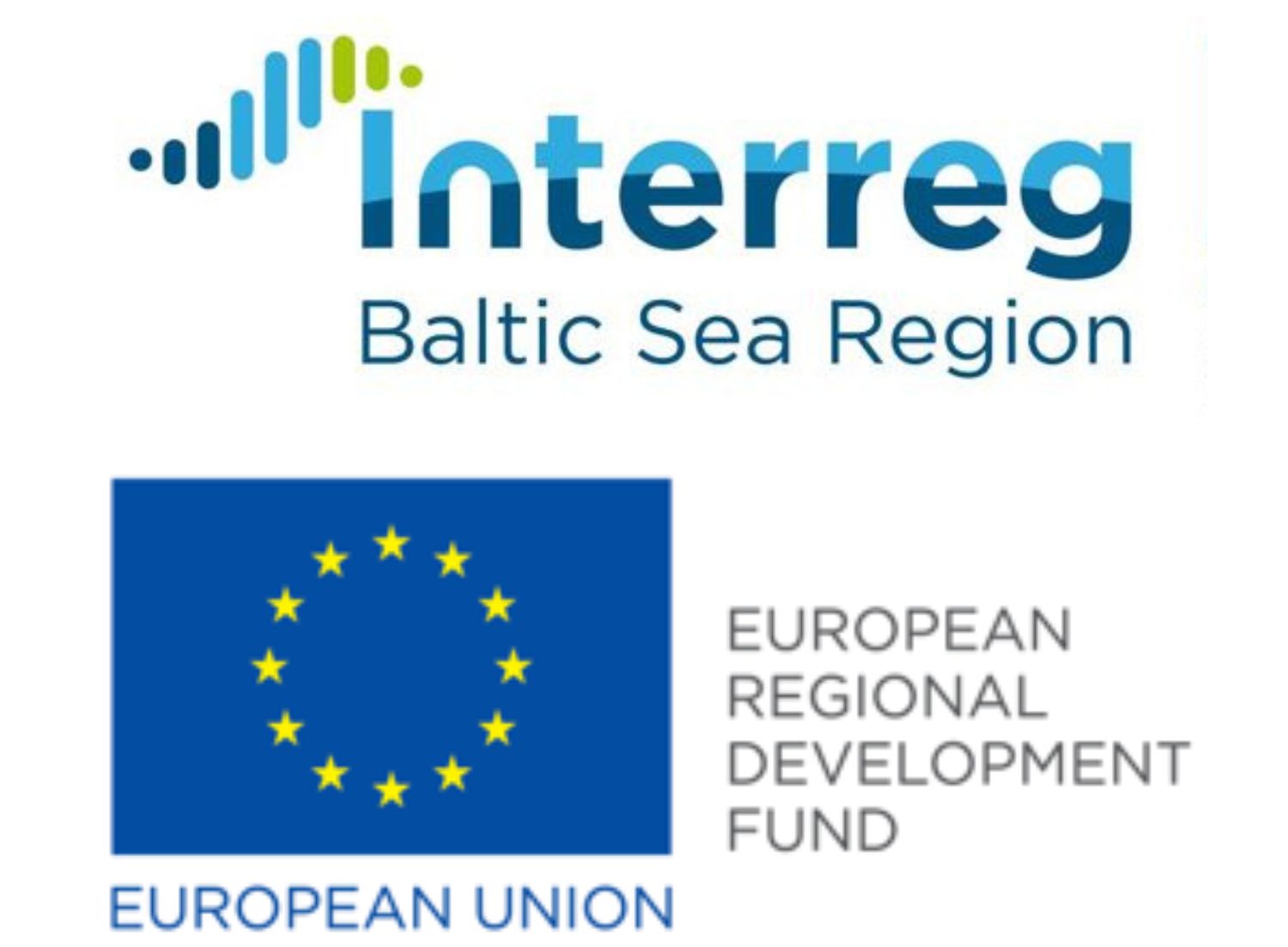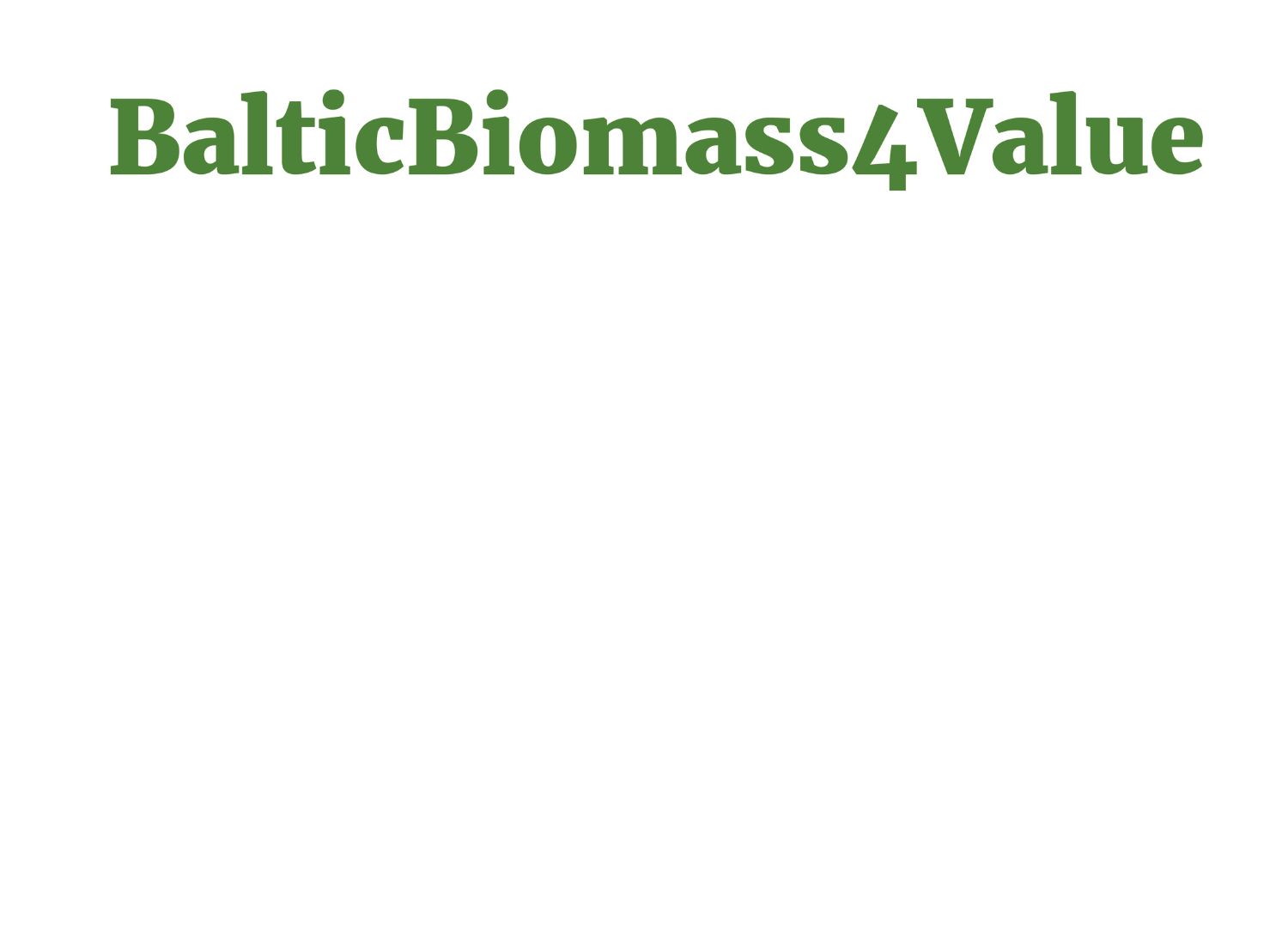Unlocking the Potential of Bio-based Value Chains in the Baltic Sea region (BalticBiomass4Value)
Bioenergy remains a central element in the renewable energy mix policies in Europe. Nevertheless, the extensive use of biomass for energy raises a number of sustainability risks and economic viability questions. These concerns include potential harmful impacts of bioenergy expansion on the environment, in particular on biodiversity and ecosystems, air emissions, soil fertility and water.
Other major concerns include inefficient uses of biomass for energy, neglecting potentially higher value-added non-energy uses of biomass, and disregard for opportunities to extend circularity in bio-based production.
Therefore, the project aims to enhance capacity of public and private actors within the BSR to produce bioenergy in more environmentally sustainable and economically viable way, by utilizing new biomass sources (chiefly, biological waste) for energy production, as well as possibilities to use bioenergy side streams for high value bio-products.
Biomass from different sources (agriculture, food and feed industry, forestry, wood industry, municipal waste and sewage sludge, fishery, algae), its logistics, various biomass conversion technologies and value chains will be mapped to identify best practices of bioenergy generation and the potential of more efficient and sustainable deployment of biomass in the BSR. The additional biomass utilization in energy value chains will be explored, especially opportunities to use side streams for high value bio-products, such as food, feed, fertilizers, chemicals, cosmetics, and other uses. Similar bio-resources, but diverse technologies and business models in the BSR countries create solid background for cooperation.
To facilitate efficient and sustainable deployment of biomass that will be the most precious resource in the post-fossil fuel economy, the transnational partnership will develop good practice business models for bioenergy and integrated side bio-products production in the BSR. To enhance the capacity of public authorities, project partners will prepare guidelines on circular bioeconomy development support and will promote them through experience exchange and training activities across the region.
The partnership will also seek to improve knowledge and technology transfer services concerning efficient and sustainable bioenergy production, and to widespread good practice business models in the BSR by developing business consultation scheme and tools. Public authorities responsible for natural resources, energy security and promotion of industry within bioeconomy sectors, energy agencies, forestry and agricultural advisories, waste management agencies, as well as innovation and business development agencies, clusters and networks, business associations and enterprises will be using outputs of the project.
The partnership is also set out to increase awareness among regional development authorities, municipalities, and even local action groups about emerging opportunities in the bioenergy sector.


